The basic definition of food that we got to know over the period of time is that food is something that works as a fuel for the machine called body .
Now as different machines require different kind of fuel to perform better, the same thing is true for animals also.
Like flesh is the best food for Lion, grass for deer, cow, goat etc. and a mixed combination of these two for humans.
There can be two basic ways in which human's food type is different from the other animals-
The first way is that the Humans are the only being who can choose to eat food on the basis of their taste and can change it whenever they want!
The another reason which comes in existence due to the most complex biological system is that this complexity in biological system doesn't allow the humans to be physically fit just from a single variety of food.
Basically the term Nutrition is classified into the 7 elements. These are-
1:-Carbohydrates
2:-Fats
3:-Vitamins
4:-Minerals
5:-Proteins
6:-Fibres
7:-Water
You might be familiar with the basic needs of these elements as well as with some sort of resources of all these.
Look here is an example that might be helpful for you to understand this-
We know that there are two types of automobiles (say Cars) classified on the basis of fuels filled into these. The one is petrol and the other one is diesel .
We can imagine the above situation very easily.
Now just imagine a situation of the same petrol car filled up with the kerosene oil!
In this case the efficiency of petrol car gets reduced even less than the previous case.
The same thing is true for human's system as well.
There is a specified balance of nutrition in a food that we called balanced diet.
Eating the food as balanced diet is something resembles with filling up the petrol car with the petrol i.e, the maximum possible efficiency can be withdrawn from this body.
While eating the food in a non-balanced diet is something like filling up the petrol car with the diesel, less efficient but can somehow be working.
So now days it's been difficult for the humans to figure out their energy resources food because they eat the combination of all those mentioned above.
Here you are going to encounter with the benefits and roles of these nutrients but from a different perspective.
So let's take help of Chemistry and biology to make it more clear and interesting that why we need all these .
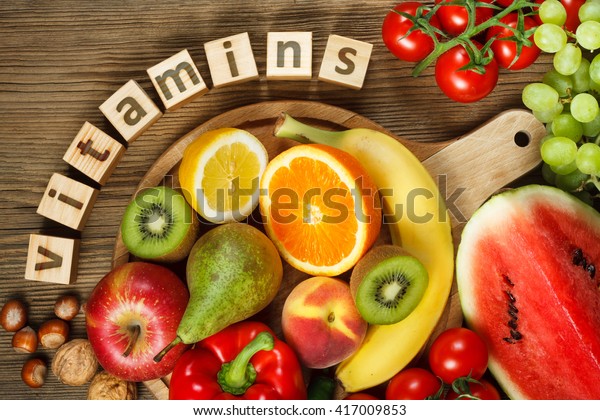
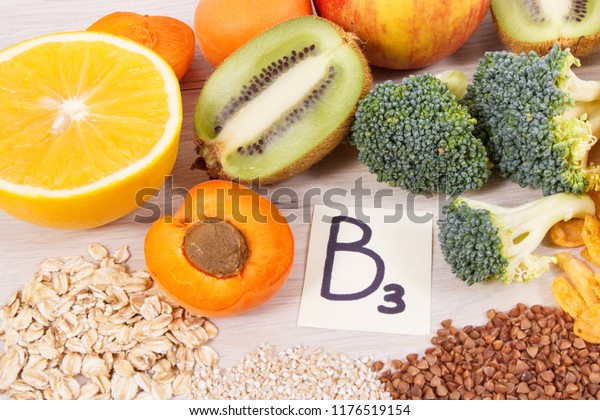
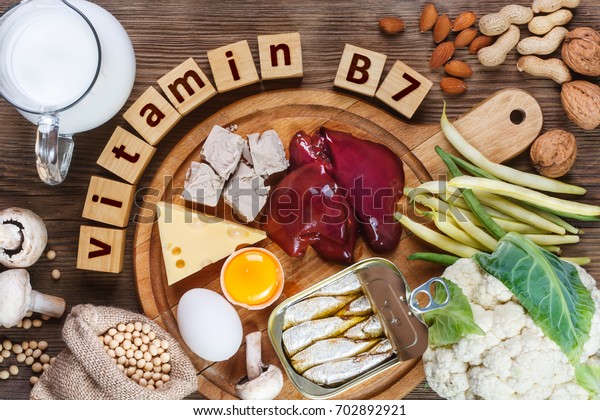
Beans, citrus fruits, whole grains, cauliflowers are some of the major source of folates.
Megaloblastic anemia is the disease caused by the deficiency of folates in the body. Simply this disease means it inhibits the DNA synthesis in the cells.
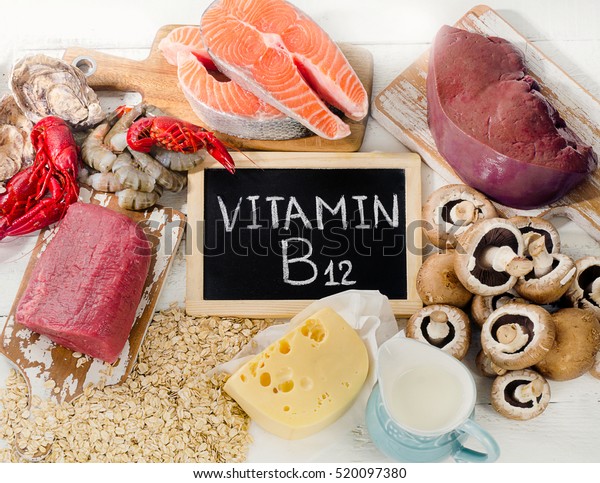
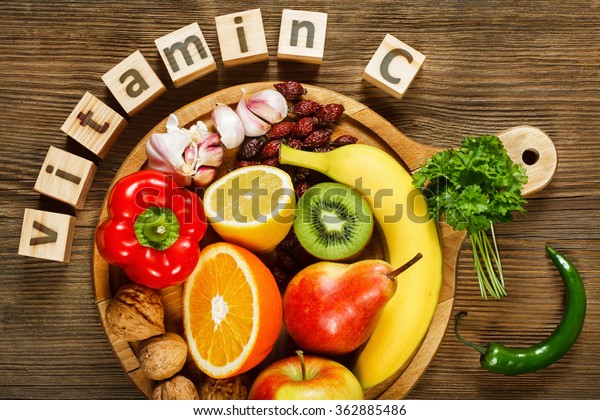
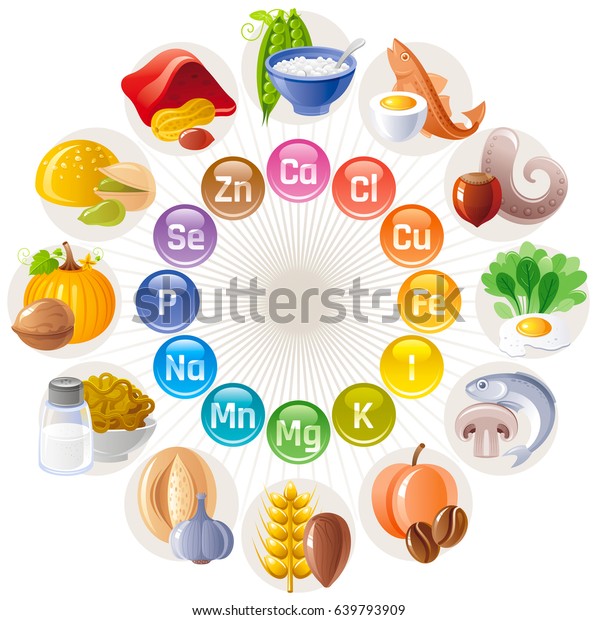
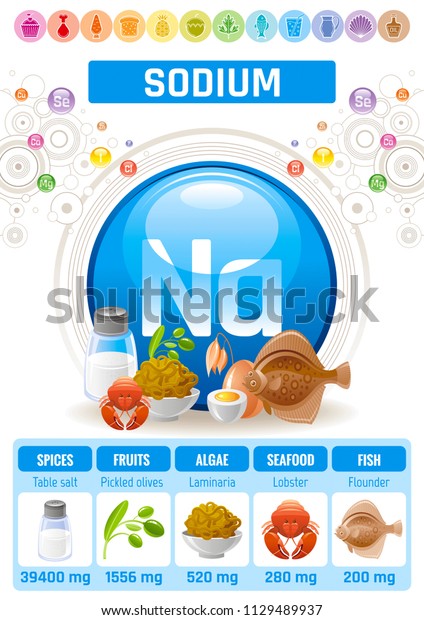
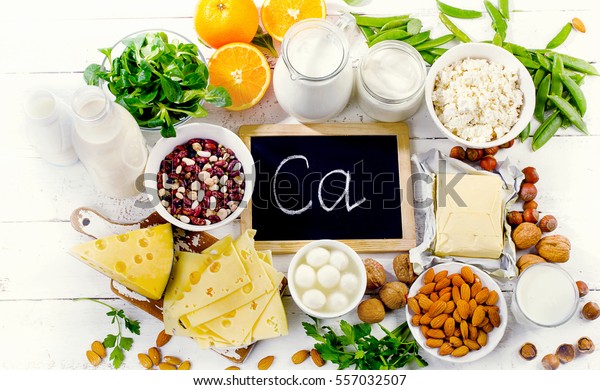
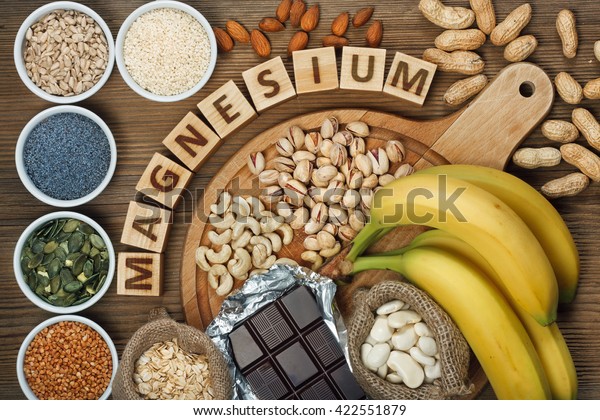
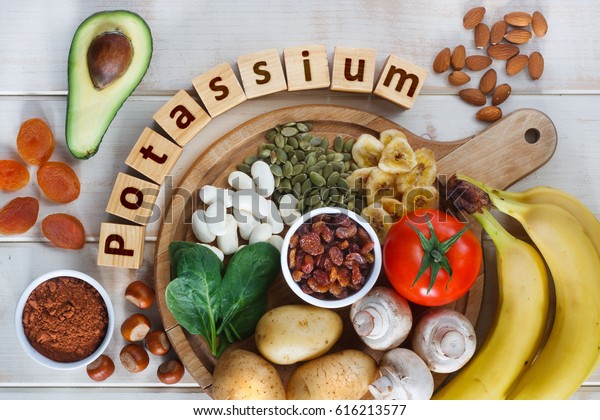
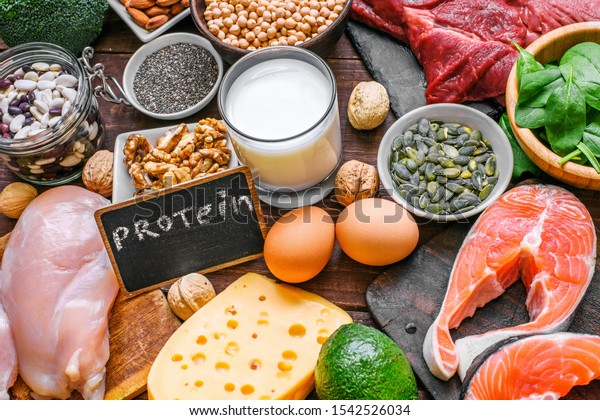
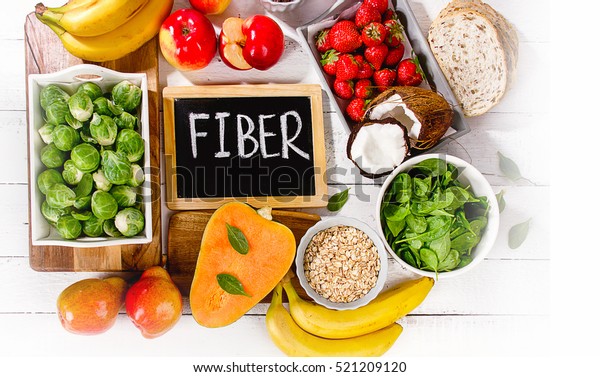

Now as different machines require different kind of fuel to perform better, the same thing is true for animals also.
Like flesh is the best food for Lion, grass for deer, cow, goat etc. and a mixed combination of these two for humans.
So how this food type is different in case of humans as compared to the other animals?
There can be two basic ways in which human's food type is different from the other animals-
The first way is that the Humans are the only being who can choose to eat food on the basis of their taste and can change it whenever they want!
The another reason which comes in existence due to the most complex biological system is that this complexity in biological system doesn't allow the humans to be physically fit just from a single variety of food.
And here a term takes birth that's called Nutrition!
Basically the term Nutrition is classified into the 7 elements. These are-
1:-Carbohydrates
2:-Fats
3:-Vitamins
4:-Minerals
5:-Proteins
6:-Fibres
7:-Water
You might be familiar with the basic needs of these elements as well as with some sort of resources of all these.
The thing is that most of the disease that are common nowadays is somehow related with the disturbance in the balancing of these nutrients inside the human body.
The another important concern is that we have taken this fuel to be granted because somehow we are in misunderstanding that whatever we eat, it will fuel up us.Look here is an example that might be helpful for you to understand this-
We know that there are two types of automobiles (say Cars) classified on the basis of fuels filled into these. The one is petrol and the other one is diesel .
If you fill up a petrol car with a diesel then what will happen ?
Surely it's efficiency will get reduce and will not be smooth in riding as it was in case of petrol.We can imagine the above situation very easily.
Now just imagine a situation of the same petrol car filled up with the kerosene oil!
Kerosene oil is a good fuel no doubt but will the petrol car be efficient in riding?
Obviously Not!In this case the efficiency of petrol car gets reduced even less than the previous case.
The same thing is true for human's system as well.
There is a specified balance of nutrition in a food that we called balanced diet.
Eating the food as balanced diet is something resembles with filling up the petrol car with the petrol i.e, the maximum possible efficiency can be withdrawn from this body.
While eating the food in a non-balanced diet is something like filling up the petrol car with the diesel, less efficient but can somehow be working.
And the last one is that eating the fast food is something like filling up the petrol car with the kerosene oil.Hardly can manage with this!
So now days it's been difficult for the humans to figure out their energy resources food because they eat the combination of all those mentioned above.
Here you are going to encounter with the benefits and roles of these nutrients but from a different perspective.
So let's take help of Chemistry and biology to make it more clear and interesting that why we need all these .
Also here we will not be focused on the classification, types and name of the component parts because it's just the thing to mug up and don't contain anything interesting instead we will analyse the ultimate effect including the basics wherever needed.
Carbohydrates -
The important and foremost reason of each and every animal behind eating food is to get energy for their survival. In case of humans, the amount of work that everyone is doing require a large energy content.
Carbohydrate's main function is to provide energy to the body through which it makes us capable in doing a lot of work on the daily basis.
Chemical and biological aspect-
Making it in a simple language, the food that we eat goes through several processes and different nutrients are absorbed by the body through different processes .
When we eat carbs then the first thing that we do is chewing out the food,that breaks down into the fine particle which helps in digestion process.
Now when it reaches to stomach then with the help of several enzymes it again broken down chemically into the single units like glucose, Fructose and Galactose.
Now the next part is sending them into the bloodstream and for this purpose the stomach as well as small intestine absorb them and transfer them into the bloodstream.
When the cell requires energy like in all voluntary and involuntary actions, then this ATP gets broken down into adenosine diphosphate (ADP) releasing energy.
Since we all are familiar with the hormone called Insulin and the basic unit of life called Cell.
So when the glucose level increases in the bloodstream then the Insulin produced by pancreas travelling through bloodstream reaches to the cells and we know that in animal cell the outermost part is plasma membrane,so this insulin binds with the cell through a receptor ( insulin receptor IR, found in plasma membrane of the cell) and then glucose gets absorbed by the cell when the phosphates are added to the IR through a process called autophosphorylation in the form of adenosine triphosphate (ATP).When the cell requires energy like in all voluntary and involuntary actions, then this ATP gets broken down into adenosine diphosphate (ADP) releasing energy.
Fats -
Just like the carbs, fats also provides energy to the body. Here I am not going to tell you the classification of fats because you are already familiar with this.
Here you will get encounter with the ultimate role of the fats !
But how fat's role differ from carbs ?
Actually apart from providing energy to the body, there are other important applications of fats are there in human body.
Like that we discussed in case of carbs digestion and converting it into energy, we deal with a process where insulin transfer glucose to the cell. Actually this cell is a fatty cell.
The main purpose of fatty cell is that this fat allows to store the glucose by converting it into fat for long term energy storage.
Along with this fats have several other applications too. Like it helps in optimizing the body's temperature.It insulates body organs against shocks. It helps in growing healthy skin and hair as well.
Chemical and biological aspects -
Since we have noted that the cells store energy in terms of fats, so regular intake of fats in a balanced diet and hence in a balanced amount feeds the fat cells.
We will talk about vitamins in the next section but here an important aspect of fats should be known to you that relates with vitamins.
Actually we have different types of vitamins. Among these the vitamins A, D, E and K are fat soluble vitamins.
So it suggest that a human body must contain fats so that when these vitamins once taken from outside then the body would absorb them with the help of fats and thus it could give it's proper functioning.
To understand this biological concept more clearly, let's take the help of chemistry -
Actually the fats like cholesterol, phospholipids, triglycerides etc. they all are composed of long chain carbon and hydrogen and hence hydrophobic in nature.
So in spite of approx upto 60 % body is water, the above concerned fat soluble vitamins will not absorb into it.
Also there are several parts of the nutrients which a human can't take all the time because if each and every component would be water soluble then it would get excrete out from the body along with the urine and thus can't store inside the body's part for the longer time !
So fats helps in retaining them into the body parts.
Vitamins -

We have different kinds of vitamins and each perform different functions. On a broad sense, We can say that vitamin's role is quite diverse as it plays role in almost every part of the body.
Like it is a cell regulator, it takes care of tissues growth and differentiation, it acts like coenzymes, it acts like antioxidants, it helps in hormone secretion and regulation and many more as well.
So a huge role of vitamins leads to a wide study of it.
We have 13 types of vitamins, we all are familiar with the names like A, B1, B2, B3, B5, B6, B7, B9, B12, C, D, E and K.
Vitamin A -
We know at least one role of vitamin A and that is in boosting up the eyesight especially in low light. Hence Vitamin A is called retinol as it produces a pigment in the eye's retina.
Apart from this , Vitamin A also helps in maintaining the skin, soft tissues, healthy teeth and strengthen the skeletal.
Chemical and biological aspects -
Let's stick to the major role of vitamin A and that is for eyesight. Actually Rhodopsin is the chemical found in the rods of the retina of eye. This chemical is responsible for a night vision i.e, it enables a person to see in a dim light like in night.
Vitamin A which is called retinol is fat soluble vitamin which when taken from outside helps in the formation of rhodopsin by reacting with a chemical called opsin ( actually a protein found in photoreceptor cells ).In this way it helps in the formation of rhodopsin and hence enables us to be easy in night vision.
Vitamin A deficiency leads to the disease called night-blindness due to the same reason.
Vitamin B1 ( Thiamine ) -
Thiamine benefits -
Again there are several roles of Vitamine B1 which is water soluble vitamin in the body. Like helps in metabolism of pyruvate, contraction of muscles and conduction of nerve cells . But the main function is that it helps the cells to convert carbs into energy.
The main sources of Vitamin B1 are beef, liver, eggs, oranges, oats, nuts etc.
Chemical and Biological aspects -
Actually the first thing about thiamine is that the body can't synthesis it naturally. The small intestine can absorbs thiamine upto 5 mg and the whole body can upto 30 mg into the tissues.
Since it is a water soluble vitamine and the body can't synthesize this by itself as well as a very limited amount can only be absorbed in the whole body so a regular intake of this vitamine is necessary because of it's vital role.
Talking about the role of thiamine in a simple way because it's a very complex process to understand and just talking about the weird's chemical name would make you reluctant towards it.
So as one of the major role of Thiamine is in helping the cells to transforms glucose into energy.We got to know in earlier studies that the glucose with the help of insulin receptor (IR) gets converted into ATP which is the energy that cells carries for all the voluntary and involuntary actions which a body does. Now phosphates releases during this conversion and since it is a reaction so here this Thiamine acts as a cofactor or coenzymes to facilitate this reaction so that it gets accomplished efficiently and easily.
Thiamine deficiency -
The deficiency of thiamine leads to a disease called Beri-Beri which ultimately lowers the strength of the muscles and damage the nerves hence hinders the nerve signals (one of the most important function of metabolism).
Vitamin B2 (Riboflavin) -
Just like thiamine, riboflavin also helps in maintaining the energy of the body by helping the carbs to get converted into ATP.
Apart from this, riboflavin also helps in breaking down the fats, proteins and carbohydrates.
A research showed that a high level of riboflavin also helps in regulating one of the common neuro disease called Migraines .
Green leafy vegetables, eggs, meats, mushrooms, soyabeans are some of the major source of riboflavin.
Chemical and biological aspects -
Riboflavin is also a water soluble vitamin and excrete out with the urine from the body.So regular intake of riboflavin is necessary to not get the deficiency of this.
Just like the thiamine, riboflavin also helps in converting the glucose into ATP in presence of phosphates by acting as a coenzyme.
But apart from this, riboflavin shows several other effects too like it helps in synthesis of niacin (Vitamin B3) from tryptophan, it helps in converting retinol to retinoic acid whose further conversion makes rhodopsin (already discussed) etc.
Riboflavin deficiency causes a disease called ariboflavinosis which results in mouth ulcers and cracks in the skin.
Vitamin B3 (Niacin) -

Although each vitamin has some vital role in our body and due to absence of any single vitamin, it leads to several diseases and make us unfit but this vitamin B3 or niacin has a wonderful significant role in our body.
Actually we need niacin for the proper functioning of almost every part of the body like it helps in function of the brains, it ease arthritis, it helps in lowering the cholesterol.
We heard that the deficiency of vitamins leads to several disease but along with the deficiency higher dosage of niacin leads to serious side effects for our body.
Liver, Salmon, Chicken breast, Turkey are some of the major source of niacin.
Chemical and biological aspects -
Niacin alike the discussed vitamins are helpful in converting the glucose into energy.Apart from this it helps in regulating the cholesterol as well as it helps body to make sex and stress related hormones .
Actually while talking about it's functioning in lowering the bad cholesterol level then we have to aware about the fact that our body contains two type of cholesterol one is good and the other one is bad. Niacin helps in increasing the level of good cholesterol which helps in lowering the level of bad cholesterol and all these ultimately play a vital role for our body like decreasing the risk of heart diseases.
Vitamin B5 (Pantothenic Acid) -
What the common thing that we have been noticing since thiamine is that all the B vitamins are involved in converting the carbs into energy.
Actually the primary role of B vitamins is to convert the carbs, Fats, proteins i.e, macronutrients into the energy.
Here what else the pantothenic acid does is that it helps in making blood cells, it helps in making a special type of coenzyme which is called Coenzyme A, this coenzyme A helps in making and oxidation of several essential fatty acids for the body.
Actually the primary role of B vitamins is to convert the carbs, Fats, proteins i.e, macronutrients into the energy.
Here what else the pantothenic acid does is that it helps in making blood cells, it helps in making a special type of coenzyme which is called Coenzyme A, this coenzyme A helps in making and oxidation of several essential fatty acids for the body.
Fish, peanuts, milk, egg yolk, chicken, mushrooms are some of the major source of Pantothenic acid.
Chemical and biological aspects -
Like all other B vitamins, pantothenic acid is also water soluble and body needs it in a regular period of time.
One of the major role of pantothenic acid is in the production of red blood cells (RBC) which is carrier of oxygen across all the body parts.
It is important to note that the body makes about 2 millions of red blood cells every second.
Actually the deficiency of pantothenic acid is rare and not any serious case has been noted so far but some symptoms may appear like insomnia, depression. anxiety, vomiting, irritability, burning feet etc.
Vitamin B7 (Biotin)-

Biotins alike other B vitamins are involved in converting macronutrients into the energy. The other vital role that this vitamin performs include creating several vital enzymes, formation of fatty acids and glucose, strengthen hair and nails.
Actually biotin is also called vitamin H ( H signifies two terms haar and haut, they are german terms for hair and skin respectively) because it play a significant role in strengthening the hair and skin hence several hair produccs contains this vitamin.
Red meat, eggs, seeds, almonds, mushrooms, sweet potatoes are some of the major source of biotin.
Chemical and biological aspects -
Like the discussed B vitamins, biotin is also a water soluble vitamin.
The first role that it play is helping in conversion of carbs into energy. Actually the first process in this is digestion of carbs that we eat and we know that every single process is carried out with the help of some chemical reactions and to enhance this biological chemical reactions, body requires catalyst in the form of enzymes and catalytic promoters in the form of coenzymes. So here biotin plays the role of coenzymes during the reactions involved in digestion of carbs as well as synthesis of several vital fatty acids.
Although there is discovered process scientifically that how biotin helps in hair strengthening but experiments shows that it does so as well as lack of biotins lead to thinning of hairs.
BTD (Biotinidase Deficiency) is the most common cause of lack of biotin. Actually in a simple language it is an inherited disease in which body is not capable to use the biotin it gets from outside.
Vitamin B9 (Folic acids or Folates) -
Along with helping in the conversion of carbs into energy, the folates also helps inmaking of DNA and RNA the basic units as well as helps in the metabolism of amino acids.
A baby when develop inside his/her mother wombs then several changes occur.One of the change leads to the formation of neural tubes i.e, the whole setup of brain and spinal cord and sometimes there gets opening in the neural tubes somewhere leads to a disease called Neural Tube Defects (NTDs). So it is prescribed to the pregnant women to have folates because it helps in proper development of neural tubes.
Beans, citrus fruits, whole grains, cauliflowers are some of the major source of folates.
Chemical and biological aspects -
The main functions of folates like written above is in making of DNA , RNA and in metabolism of amino acids.
Folic acid which is absorbed by small intestine helps in a cellular metabolism. Actually when DNA and RNA is synthesized in the body then several biomolecules needs to be synthesized. In this biosynthesis several modifications needs to be done like transferring single carbon groups such as methyl, methylene, formyl from one to another molecule and for this purpose body uses folates.
Megaloblastic anemia is the disease caused by the deficiency of folates in the body. Simply this disease means it inhibits the DNA synthesis in the cells.
Vitamin B12 (Cobalamin) -

Like the folates, cobalmins also helps in DNA synthesis. Cobalamins are very important vitamin for boosting up the energy of the body. It plays role in functioning of nerve cells.
Actually the metabolism of each and every cells highly depend on the role of cobalamins. As compared to other B vitamins, the cobalamins absorb in the body in a significant amount but it is a water soluble vitamin so regular intake of this is necessary to get rid from it's deficiency.
Fish, milk, eggs, meats are some of the major source of cobalamins.
Chemical and biological aspects -
Actually it comes under the most complex molecule. Cobalamins are actually an organometallic compound which contains Cobalt at it's centre. Actually approx 85% of cobalt inside the body is present in the form of cobalamins and this cobalt in this form is used for catylyzes the reaction of the two main coenzymes named methylcobalamins and adenosylcobalamins .
Anemia is the disease caused due to low level of cobalamin in the body. It leads to decrease the counting of RBC and hence leads to symptoms like weakness, tiredness, pale skin.
Vitamin C ( Ascorbic acid ) -

At least you all are familiar with the sourness of this vitamin C !
Whenever one is talking about any sour product, he is indirectly pointing towards ascorbic acid.
In general ascorbic acids plays several vital role for the body like growth, development and repairing of all the tissues of the body. It also helps in boosting up the immune system, healing the wounds, maintaining cartilage, bones and teeth.
Citrus fruits like amla, oranges, grapes, lemon are some of the major sources of ascorbic acid.
Chemical and biological aspects -
As we know that proteins are the building blocks of our body and making it more specified then Collagen is the protein that found in abundance in the human body ( actually in all the mammals ). This is the main protein of our body and main component of the connective tissues.
Now Ascorbic acid is highly responsible for producing Collagen.
Another important role of ascorbic acid is found in brain. Actually a very high concentration of ascorbic acid is found in brain that helps in regulating the neuro transmissions.
Making it more simple then due to deficiency of ascorbic acid in brain, diseases like dementia comes into existence which disrupt the important brain functions like ability to think, problems in language, can't access through motivations, emotional problems etc.
Scurvy is the main disease which causes due to the deficiency of ascorbic acid in the body.
Vitamin D ( Calciferol) -
Calciferols are classified in fat soluble vitamins and it's needs tells you about it's storage region and activity.
Actually either we get Vitamin D through skin (in the form of sunlight) or taken in food supplements, they get stored in the fat cells.
They remain there inactive unless needed and when the body needs this vitamin then through the process called hydroxylation, the kidneys and liver convert this inactive form into the active form called calcitriol.
The need of Calciferol in the body is due to the fact that it helps in absorbing and maintaining the level of minerals like Calcium and Phosphorous in the blood.
Cheese, egg yolks, Beef liver and exposure to sunlight are the major sources of Vitamin D.
Rickets is the disease in which the bones of the body gets weaken due to the deficiency of Vitamin D.
Chemical and biological aspects -
Alright ! So here we have reached to a vitamin whose name might be either known or unknown to many of you but certainly every single person knows it's one function and i.e, strengthening the bones.
You all use to hear that staying in the Sunlight is helpful in strengthening your bones and most of you are aware that that is actually Vitamin D !
But why it is so ?
Actually Vitamin D is also of two types D2 and D3. The thing is that in the lower layers of skin epidermis, the vitamin D3 (cholecalciferol) is synthesize by the reaction which is carried forward and dependent on the exposure of Sunlight.
Minerals -
Minerals leads to a wide variety of vital applications like helping in building strong bones, producing several hormones, maintaining nerve transmission of nerve impulses and a lot.
Due to such huge, diverse and vital applications of minerals, body require them in different forms.
Here you will get a brief and vital applications of some important minerals.
Sodium -

Sodium helps in maintaing the water level content around the cells in the body. It regulates the blood pressure as well. Like we often use to hear that the low level of sodium inside the body leads to low blood pressure. The cells of the bosy requires transportation of several nutrients through the plasma membrane, this sodium helps in this process too.
Table salt present in different foods are the major source of sodium.
Calcium -

Calcium also shows several vital applications inside the body like it helps in muscles contraction, forming strong bones, regulating the heart beats as well as the level of fluids inside the body.Just like sodium it also helps in transmission of nerve impulses across the body.
Actually Calcium is the most abundant mineral presnt in the human body. Approx an adult being contains 1200 g of calcium.
Dairy products like Milk and Cheese are the major source of calcium.
Magnesium -

Just like the above two, magnesium also shows vital role inside the body like it helps in maintaing the blood glucose level, helps in productions of proteins and energy, boost up the immune system, helps in the normal functioning of muscles and nerve cells.
Actually approx 300 biochemical reactions are there which facilitates with the help of magnesium.
Green leafy vegetables, seeds, almonds, cashews are some of the major sources of magnesium.
Potassium -

Just like the above three, potassium also helps in keeping the fluids of the body in balanced level, maintaining heart beats, prevent from kidney stones and osteoporosis as well.
Potassium also helps in keeping your skin moist even though it is not absorbed by the skin.
Potassium gets out of the body in the forms of sweats and through the urine as well.
Bananas, oranges, milk, chicken breast are some of the major source of potassium.
Proteins -

Proteins are known as the building block of a body. it helps in growth, metabolism, making several enzymes, hormones and a lot of vital applications are there.
Where it actually starts from ?
Although we take proteins in several forms to get energized, building muscles and for overall growth.
But where it shows it's basic role inside the body?
Our body contains cells and these cells contains ribosomes which is the large complex of protein and RNA.
Here is actually the synthesis of protein takes place with the help of amino acids.
Several complex chemical and biological processes go through this synthesis and the protein thus formed helps our body to grow.
The body goes through formation and resorption of every unit like cells, tissues they all forms and destroys.Repairing of these tissues controlled with the help of these proteins.
Edema, impare mental health, marasmus are some protein deficit diseases.
Fish, eggs, milk, yoghurt, nuts, soyabeans are the major sources of proteins.
Fibres -

Whatever the foods that we eat, it ultimately gives us energy via going through several complex biochemical processes across the body.
What the first thing that we want from food before getting energy ?
Although getting energy is the ultimate requirement of eating foods but the first thing that a body needs is to digest it completely then only it helps the body to extract the different nutrients it contains and transfer them towards the body's development and growth or simply to keeps a body physicaaly fit.
Fibres help in the digestion of whatever the foods that we eat. It helps in regular bowel movements.
So here we gone through the majopr role of having fibres but apart from this fibres also regulate several functions of the body like it helps in managing the cholesterol level of the body, sugar levels in the blood, preventing from several diseases like diabetes, heart diseases, bowel cancer.
Barley, beans, oatmeals, fruits like apples, berries, citrus fruits are some of the major sources of fibres.
Water -

Although we are going through as a last nutrient but ultimately it's a first and foremost nutrient that a body needs .
Actually a fact can make you realize the need of water as a body can live without food for atmost 3 weeks around but without water a person can live at a maximum of 3 days !
The human body needs water for all it's cells, tissues, organs to keep their temperature regulated for the healthy bodily functions.
Almost there is not a single process inside the body that doesn't require water. Even the process that we saw above for the maximum time i.e, converting the macronutrients into the energy, this process can't be possible without the help of water.
In other cases like in vitamins, carbs, proteins etc, their deficiency make us realize that we need water but I don't think that one should be prescribed that stay hydrated to stay alive !
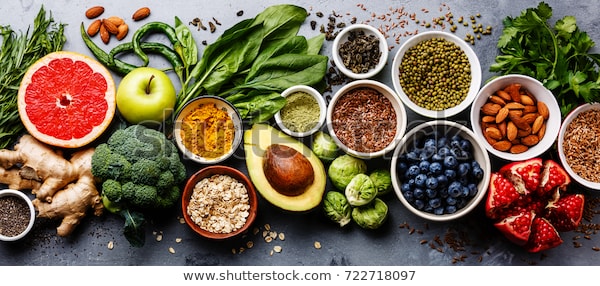
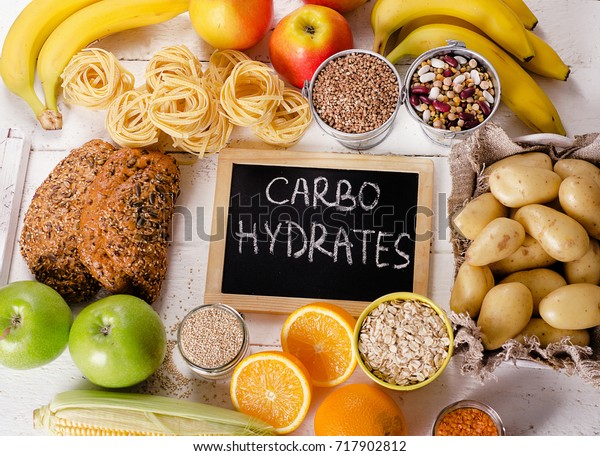
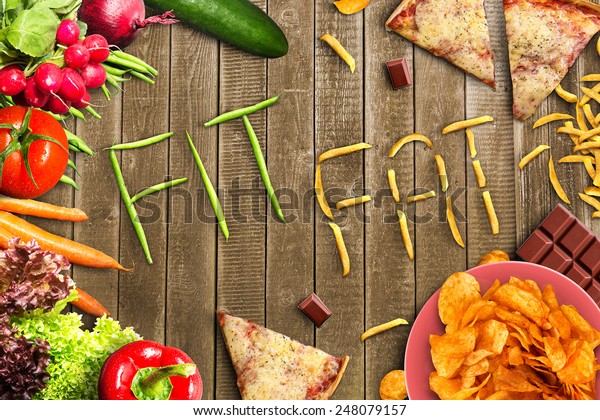
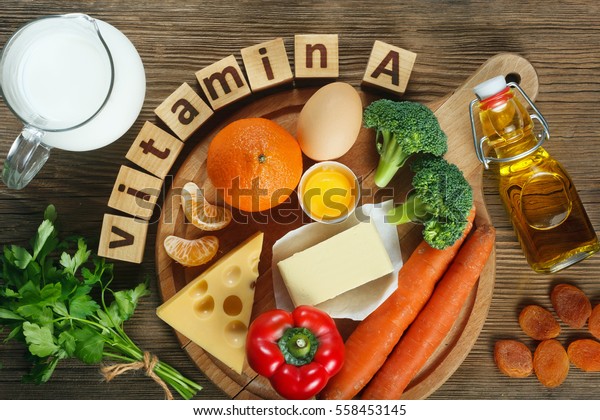
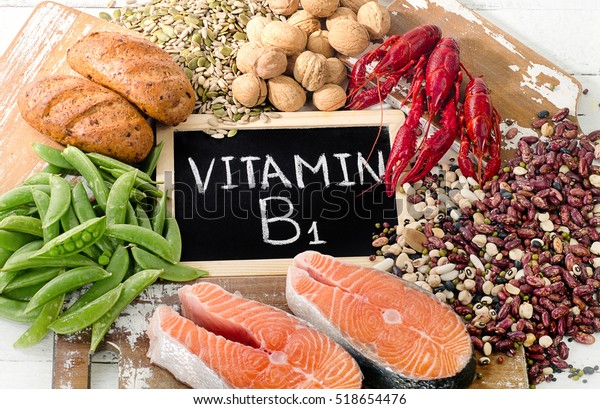
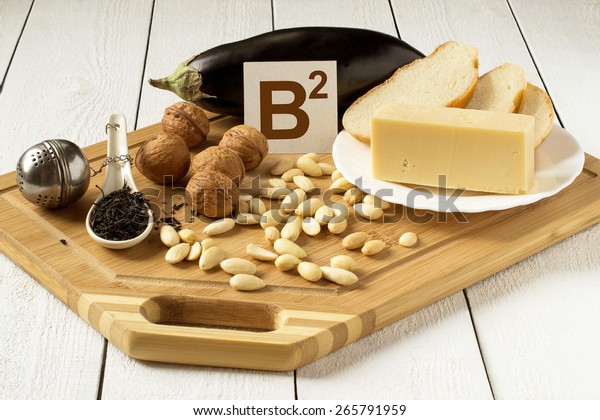
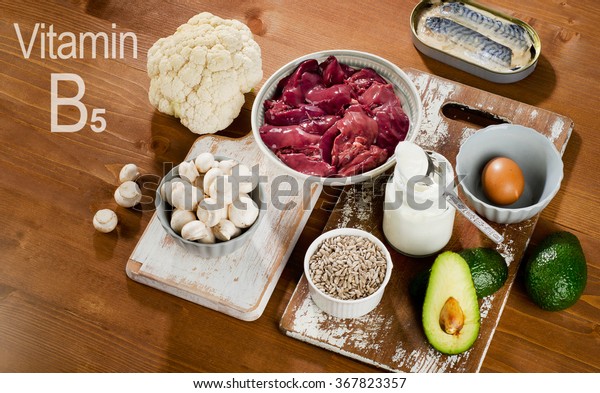
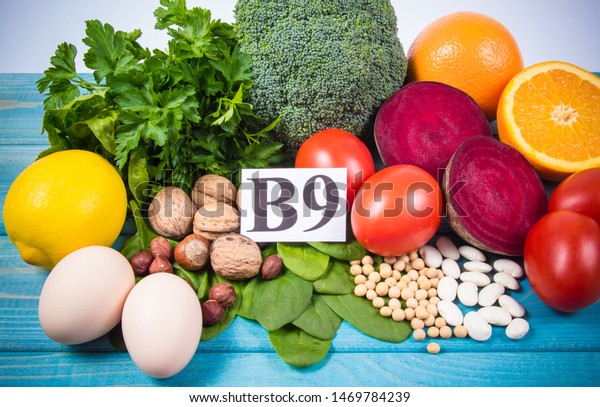
Comments
Post a Comment
Please don't enter any spam link in the comment box.